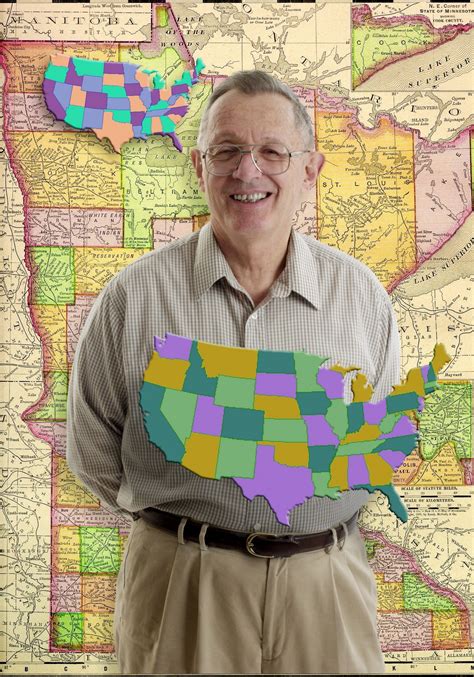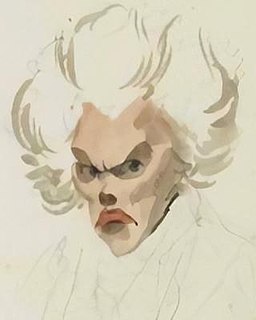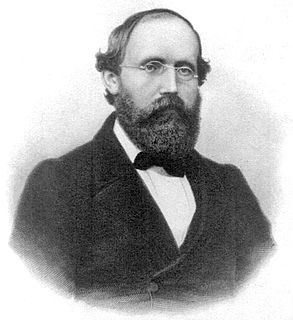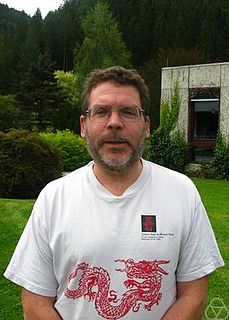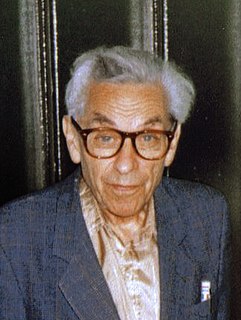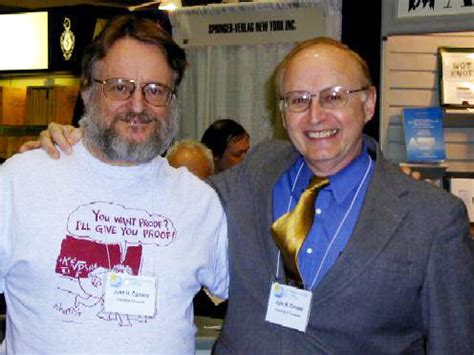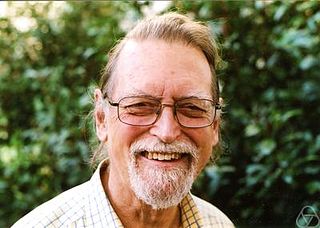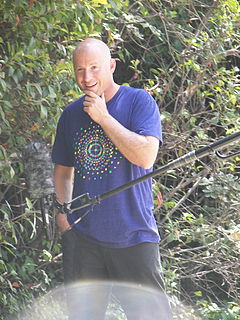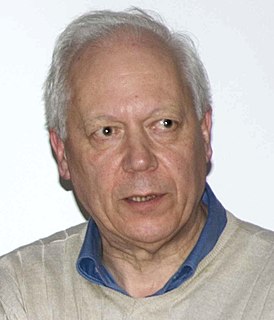Цитата Кеннета Аппеля
Без компьютеров мы застрянем только на доказательстве теорем, имеющих короткие доказательства.
Темы цитат
Связанные цитаты
Вызывает большое сожаление, что Ферма, с таким успехом разрабатывавший теорию чисел, не оставил нам доказательств открытых им теорем. По правде говоря, господа Эйлер и Лагранж, не пренебрегавшие такого рода исследованиями, доказали большинство этих теорем и даже заменили отдельные положения Ферма развернутыми теориями. Но есть несколько доказательств, которые противостоят их усилиям.
Тайна — неотъемлемая часть математики. Математика полна вопросов без ответов, которых намного больше, чем известных теорем и результатов. Природа математики состоит в том, чтобы ставить больше проблем, чем она может решить. Действительно, сама математика может быть построена на небольших островках истины, состоящих из частей математики, которые могут быть подтверждены относительно короткими доказательствами. Все остальное - спекуляции.
Когда пациент говорит, что он чувствует себя застрявшим и сбитым с толку, и с помощью добрых намерений он изо всех сил пытается стать свободным и ясным, он только хронически остается в ловушке собственного упрямства. Если вместо этого он пойдет туда, где он есть, только тогда есть надежда. Если он позволит себе глубоко погрузиться в опыт застревания, только тогда он вернет себе ту часть себя, которая удерживает его. Только если он откажется от попыток контролировать свое мышление и позволит себе погрузиться в замешательство, только тогда все станет ясным. (64)
Я утверждаю, что эта безкнижная библиотека — сон, галлюцинация интернет-зависимых; сетевые неофиты и посвященные в библиотечную автоматизацию ... Вместо этого, я подозреваю, что компьютеры будут коварно пережевывать библиотеки изнутри. Они съедят книжные бюджеты и потребуют библиотекарей, которые лучше разбираются в компьютерах, чем в детях и ученых. Библиотеки научатся быстро предоставлять населению некачественную информацию. В результате не будет библиотеки без книг — это будет библиотека без ценности.
